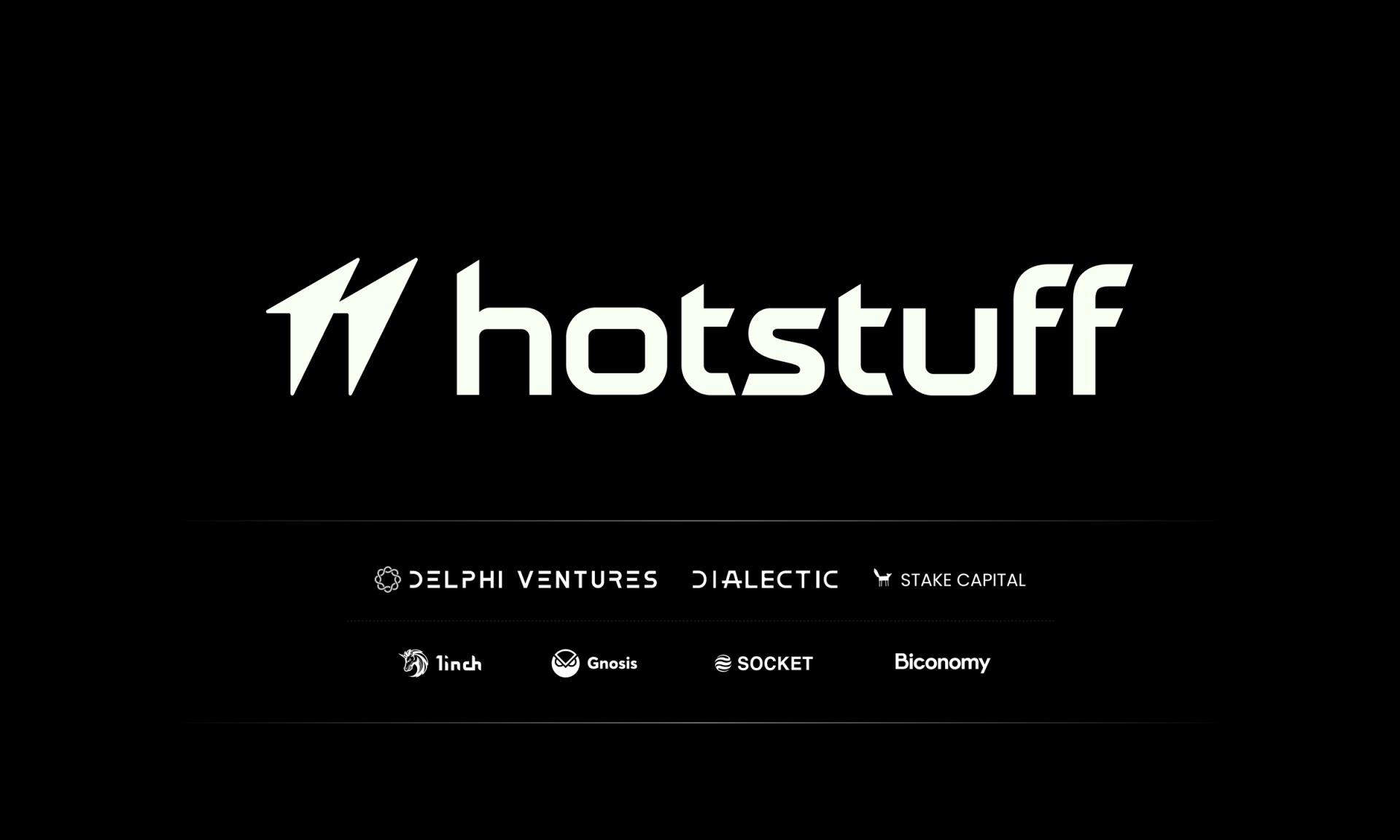Notarization on Blockchain is a revolutionary process that involves securely recording unalterable records on a decentralized global database. Unlike traditional databases, blockchain technology operates without a central authority and grows block by block. It utilizes robust cryptographic mechanisms to ensure the integrity of past blocks, making it practically impossible to modify recorded information.
The transparency and immutability of the blockchain make it an ideal solution for verifying the authenticity and integrity of data. Notarization on the blockchain provides a timestamped record that proves the time and authorship of a specific dataset. By identifying the block where the data is recorded, anyone can verify when and by whom the data was recorded. This transparency is particularly valuable when using a public blockchain as it eliminates the need for a third party. The blockchain itself acts as the third party, ensuring technological transparency.
Notarization on the blockchain has numerous use cases where the ability to prove something in time is crucial. For example, in copyright cases, it is essential to establish the original creator or thinker. By utilizing blockchain technology, it becomes possible to secure the timestamping and authorship verification process without compromising sensitive information. The blockchain ensures the accuracy and immutability of these records.
Supply chain transparency is another area where notarization on the blockchain can provide significant benefits. Tracking shipments and creating an electronic bill of lading are vital for ensuring transparency and preventing fraud. With the use of blockchain, secure timestamping and authorship verification can be achieved, making it easier to verify the authenticity and integrity of supply chain data.
When it comes to verifying the “what” in notarization on the blockchain, it does not require storing large amounts of data. Instead, it generates a unique fingerprint for the data using mathematical methods. This fingerprint, which is virtually impossible to counterfeit, can be stored on the blockchain at a reasonable cost. By anchoring the “who,” “what,” and “when” in this fingerprint, the authenticity and integrity of the data can be easily verified.
Notarization on blockchain harnesses the inherent nature and advantages of blockchain technology to allow anyone to create a timestamped artifact. Whether performed by a real Notary or the actual beneficiary, the authorship and identity of this artifact can be securely identified at any point. Notarization on the blockchain ensures that data is securely anchored in time and to an author, providing a reliable and transparent solution.
Blockchain technology has the potential to transform various industries and improve existing systems by providing trust, security, and transparency. Notarization on the blockchain is just one example of how blockchain can be used to enhance traditional processes and enable new possibilities.
For example, in the real estate industry, blockchain can be utilized for notarizing property documents such as titles and deeds. By recording these documents on the blockchain, it becomes nearly impossible to tamper with or fraudulently change ownership records. This ensures the integrity of property ownership and reduces the risk of fraud.
In the healthcare sector, notarization on the blockchain can be used to securely record and verify patient medical records. These records can be timestamped and linked to the respective patient, ensuring the accuracy and privacy of sensitive medical information. With blockchain-based notarization, healthcare providers can streamline data sharing while maintaining data integrity and patient confidentiality.
Another exciting use case for notarization on the blockchain is in the realm of intellectual property. Artists, musicians, and content creators can use the blockchain to establish proof of ownership and timestamp their creations. This provides a transparent and immutable record that can be used to protect their intellectual property rights and prevent unauthorized use or plagiarism.
Overall, notarization on the blockchain offers a secure, transparent, and decentralized solution for recording and verifying information. By utilizing cryptographic mechanisms and the distributed nature of the blockchain, notarization ensures the integrity and authenticity of data while eliminating the need for intermediaries. With its wide range of use cases and potential benefits across various industries, notarization on the blockchain is set to revolutionize how records are created and verified.
Author: Johannes Schweifer is the CEO of CoreLedger, a company that enables businesses of all sizes to leverage the benefits of blockchain technology. Schweifer has co-founded multiple blockchain start-ups, including Bitcoin Suisse, and holds a master’s degree in Chemistry and a PhD in distributed computing and quantum chemistry.














